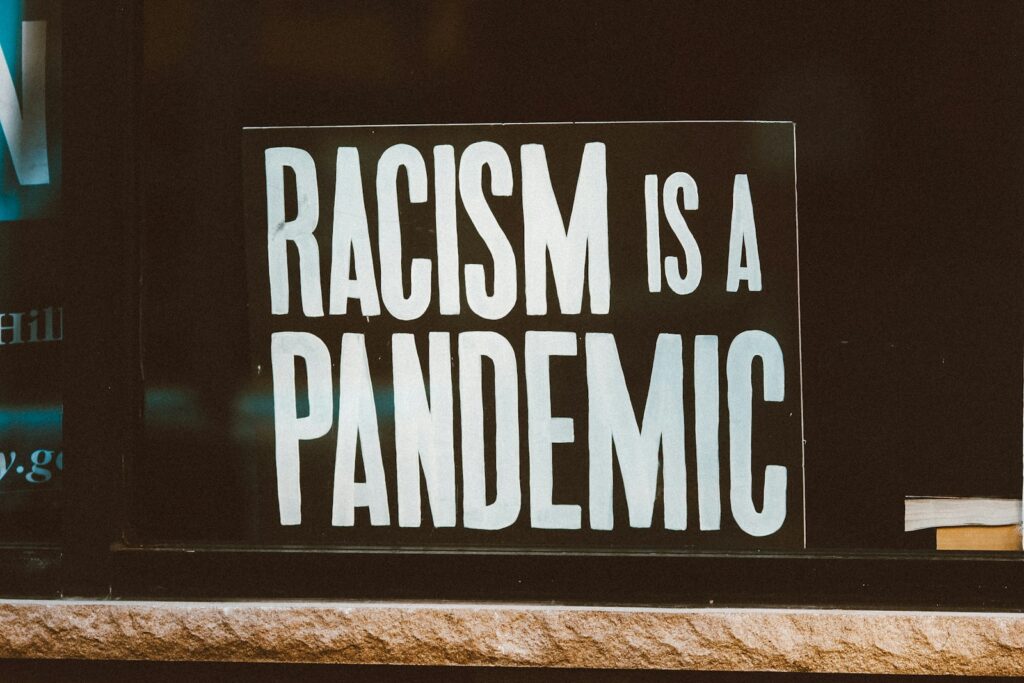New research has discovered over half of UK nurses and health and social care workers are concerned rail strikes will exacerbate the issues surrounding the quality of healthcare.
Today, The National Union of Rail (RMT) announced multiple 48-hour rail strikes that will affect the run up to Christmas and the beginning of next year.
A study conducted by Florence, a healthcare platform that uses technology to help tackle the shortage of healthcare staff globally, included 1000 nurses who believe the strikes will negatively affect the health sector.
Research found nine in ten healthcare workers will be unable to get to work because of the strikes across the country. As a result, over two fifths of workers are worried the strikes will lead to people having to wait for appointments, causing additional strain on the NHS.
Currently, the sector is facing alarmingly high vacancy rates and the longest waiting list in years. Earlier this month The Times reported that there are a record seven million patients who are waiting to be seen by the NHS in England.
As well as facing severe pressures at work, additional research by Florence displays staff are struggling with the current cost of living. The technology platform discovered 63% of healthcare workers are having to choose between food and fuel and 14% of nurses have started using food banks.
Dr Charles Armitage, CEO and Founder of Florence said, ‘Healthcare workers are already worried about how the NHS will cope over the winter months, now we’re seeing concern about how the rail strikes will affect the quality of care with staff unable to travel.
‘We’re at a crisis point when it comes to NHS and healthcare staffing and we need the government to do something about it.
‘The government needs to look at a long-term strategy and predict the trajectory for decades to come – we can’t be in a position where a rail strike is leaving the workforce on its knees.’
In September, Florence completed some research that looked into the mental wellbeing of healthcare workers in the industry and displayed almost one in five workers were considering leaving the industry, displaying the poor state the sector is in without the burden of rail strikes.
Photo by Finn IJspeert

















Leave a Reply